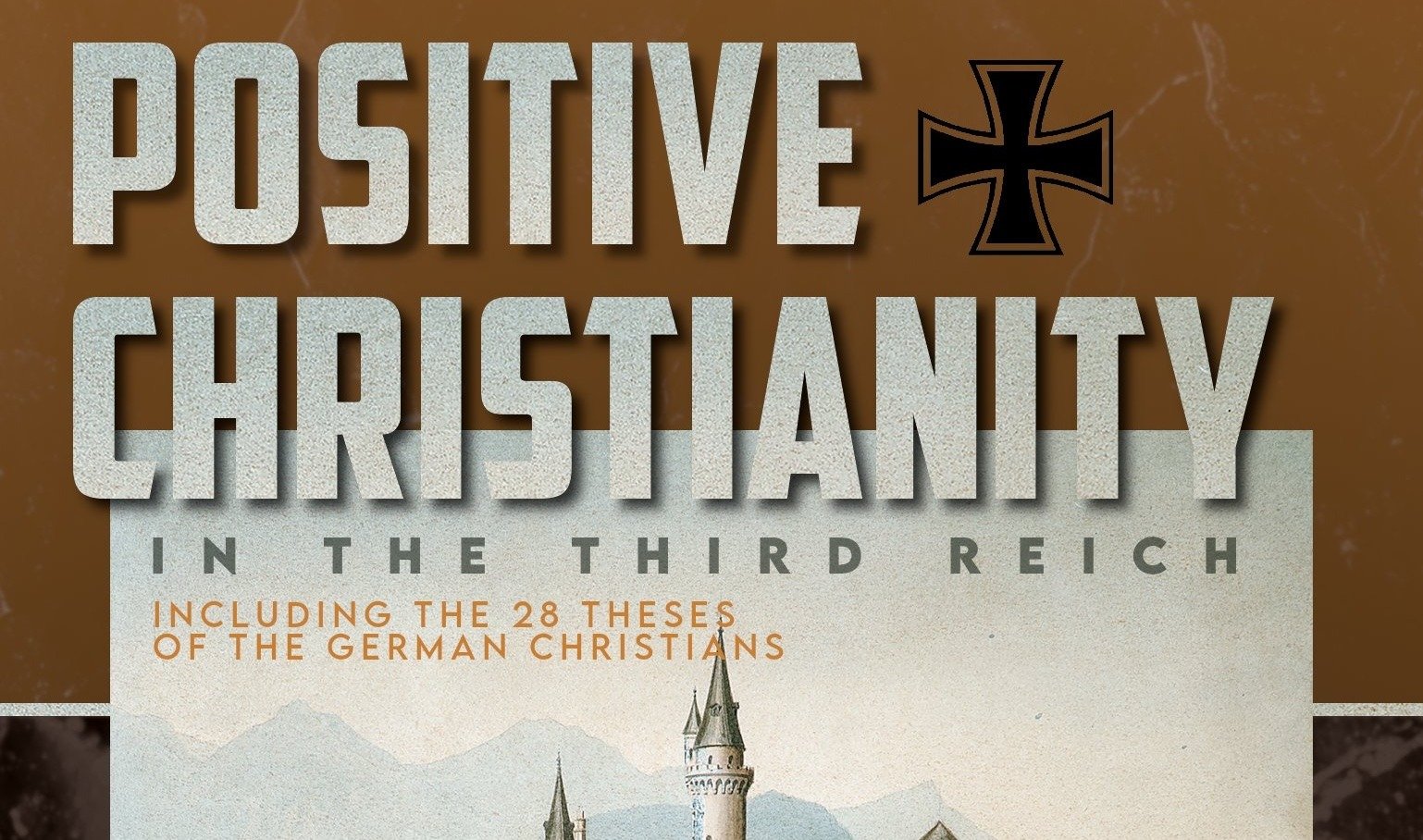“I'm cleverer, true, than those fops of teachers,
Doctors and Magisters, Scribes and Preachers;
Neither scruples nor doubts come now to smite me,
Nor Hell nor Devil can longer affright me.”
--Doctor Faust, Part I, Goethe’s Faust
Login to read more
Sign in or create a free account to access Subscriber-only content.
Topics:
